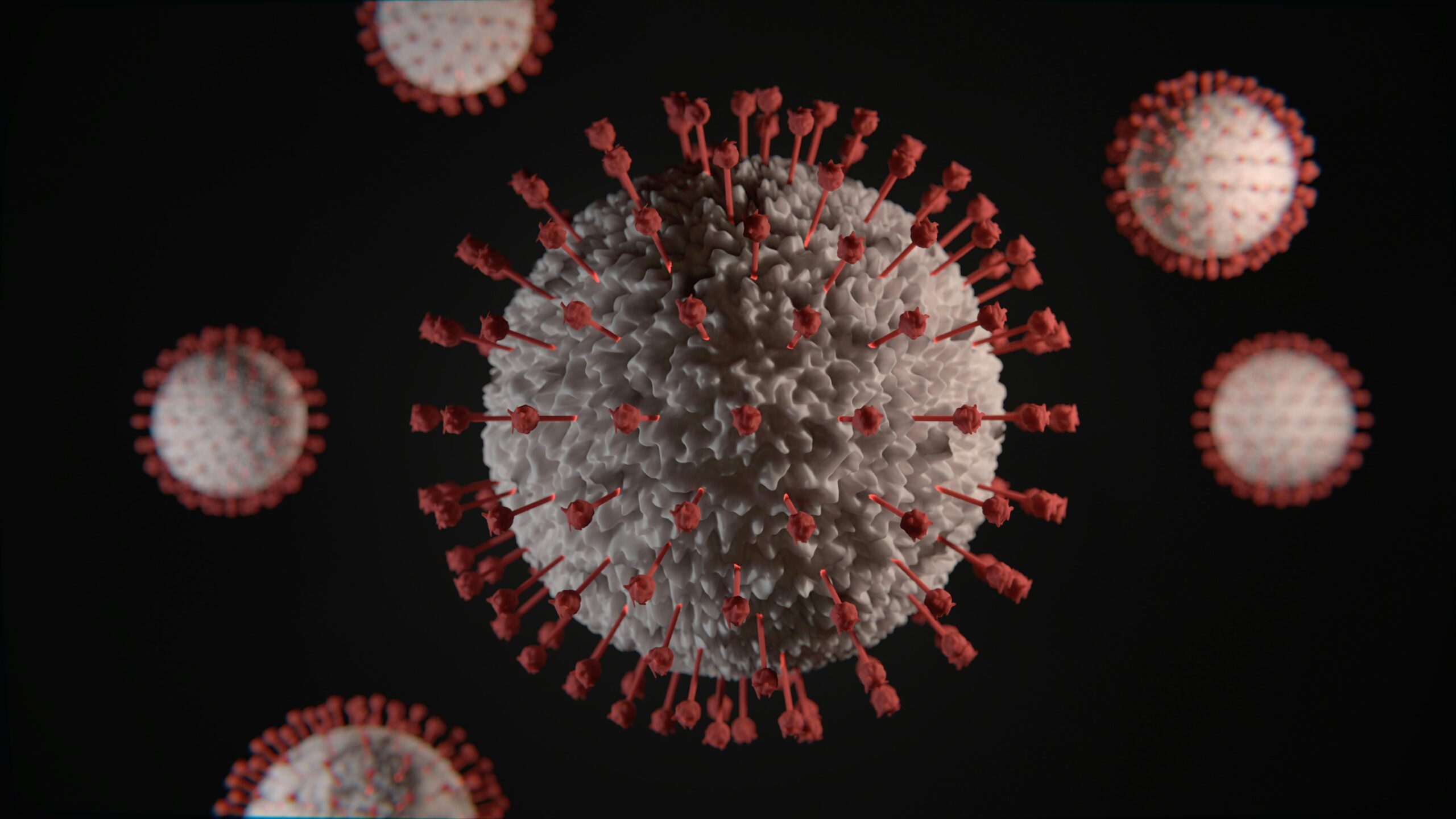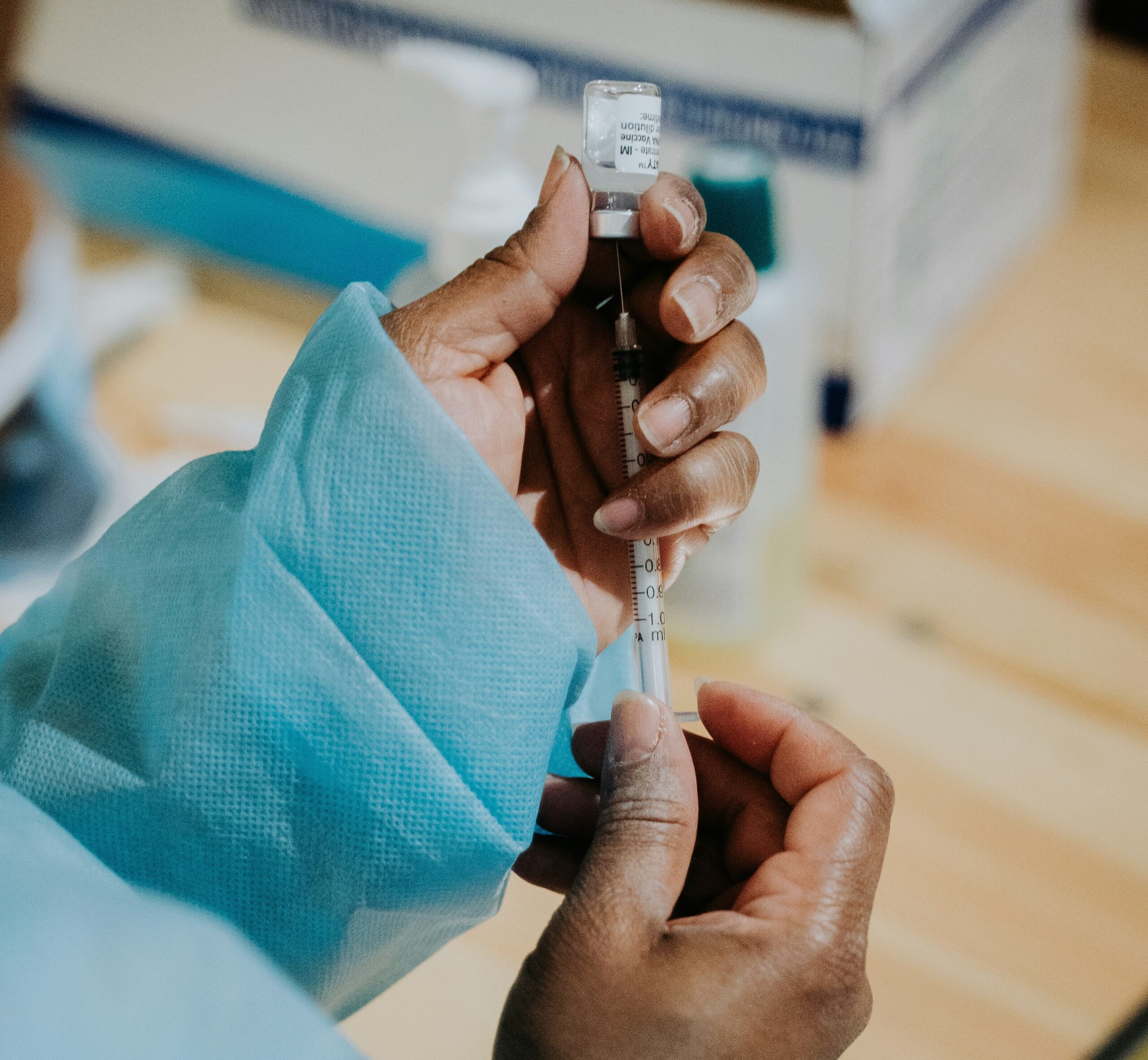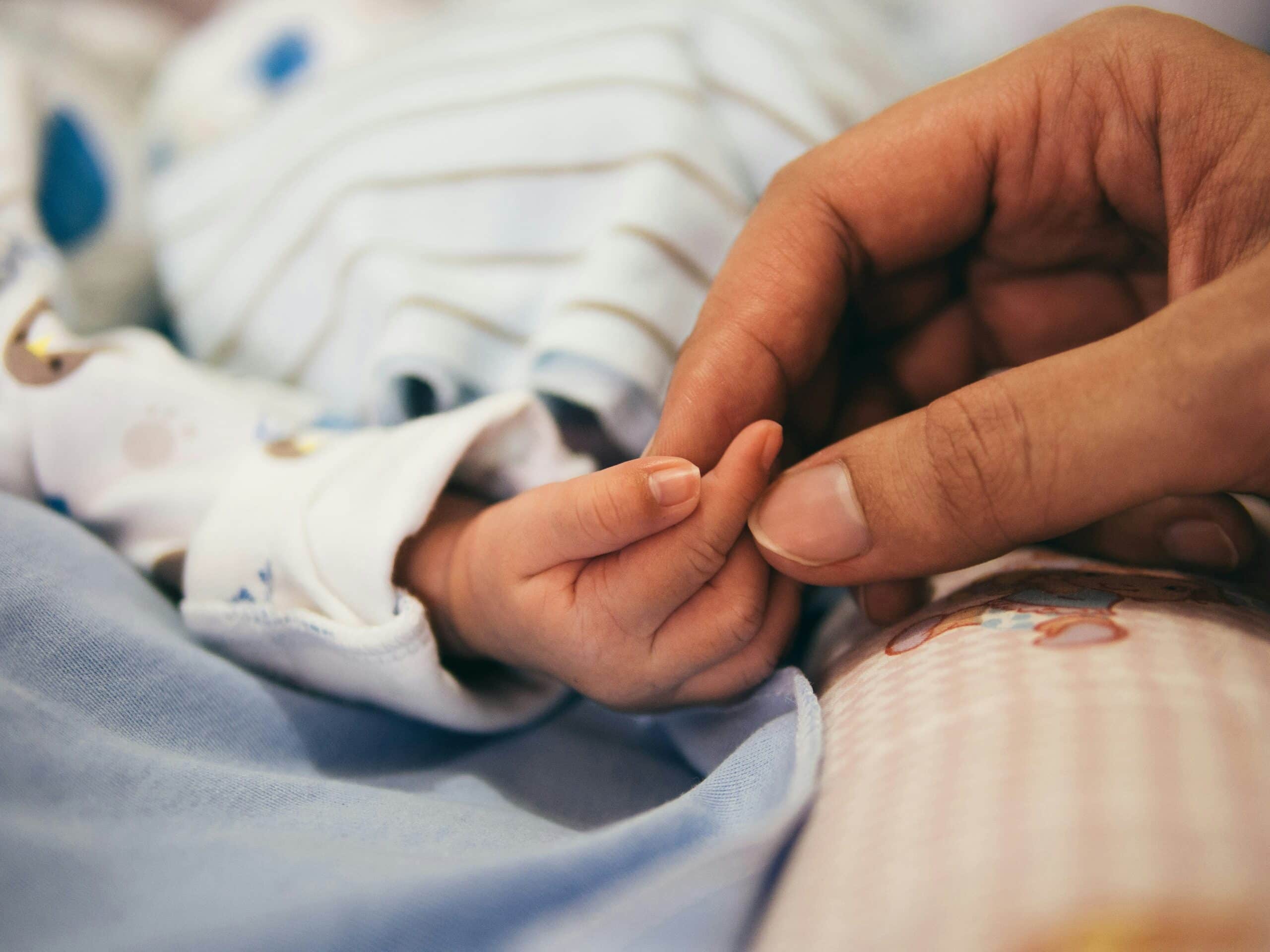
COVID-19 Survey II (2021)
Impacts on Scientific Research
Section 01
Survey Overview and Demographics
General Overview
Study Date: 27.04.21–14.05.21
Geographic Coverage: United States
Expertise:
- 68.9% Biology
- 21.7% Civil and Environmental Engineering
- 9.4% Biochemistry
Response Overview
Sample Size: 1914
Valid Responses: 291
Response Rate: 15.7
Date initial findings posted: 06.17.21
Most recent update: 06.17.21
Days survey in field: 34
Average response time: 13
Survey Demographics
Respondent Demographics:
- 39.9% Female
- 60% Male
- 100% Academic
- 0% Industry
Language(s): English
Section Overview
In this second round survey on COVID-19, we asked scientists about the ways in which their professional and personal lives have been impacted over the past year. We also asked their opinions on policy issues related to the pandemic. You can see results from last year’s survey here.
Question
Since June 1, 2020, have social distancing and other COVID-19 related policies had a negative impact on your research in any of the following ways? (N=278)

Finding
A large majority of scientists report that as a result of COVID-19 policies, they experienced substantial negative impacts on their research, with the most disruptive being university shutdowns (92%), lab work disruptions (89%), and collaboration disruptions (84%).
Question
Since June 1, 2020 have social distancing policies had a positive impact on your research in any of the following ways? (N=278)

Finding
The most frequently reported positive impacts on research from social distancing policies are the investigation of new research topics (35%), the return to prior research commitment (31%), and the use of previously collected data for new research (30%). Respondents selecting ‘other important impacts’ (8%) identified positive impacts such as having more time on writing, increased flexibility in time management, and increased access to seminars and conferences.
Question
Do you currently have one or more research grants that are facing financial problems that are directly caused by the COVID-19 pandemic? (N=277)

Finding
The majority of respondents (68%) report not facing financial problems with their grants caused by the pandemic. About 30% of biologists, 47% of biochemists, and 31% of engineers reported that they have at have at least one research grant facing financial problems.
Question
Have you taken any of the following actions in response to these financial problems? (Select all that apply) (N=89)

Finding
Of those experiencing grant financial issues (N=89), about 66% applied for a timeline extension and slightly more than half delayed the start of the data collection (53%). Approximately 47% had to redesign their study due to financial problems with grant funding.
Question
How much of your current research is on topics directly related to COVID-19?

Finding
Most of the respondents to this survey (85%) do not conduct research directly related to COVID-19. Approximately 15% of scientists report that at least some of their current research is directly related to COVID-19 and about 18% of scientists report that at least some of their research is indirectly related to COVID-19.


